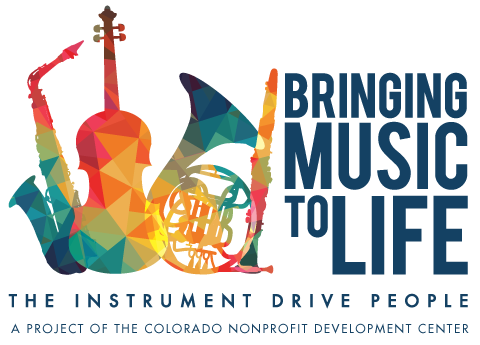What difference does learning to play an instrument make?
In addition to learning the value of teamwork, listening skills improve, along with critical thinking, self-discipline and self-esteem. Children become better students and more creative, compassionate people.
What instruments are needed?
We welcome donations of band and orchestra instruments, including strings, brass, woodwinds, percussion and guitars. With the exception of upright pianos and organs, we accept all instruments in good condition. This year we were in particular need of baritone horns, baritone saxophones, cellos, double basses, tenor saxophones, tubas, and violas. And you delivered! Thank you.
My instrument needs a tune up. Can I still donate it?
Yes. Almost all instruments need some work so they are in the best, playable condition when schools receive them. Our repair partners repair donated instruments for us at a greatly reduced cost.
Is my donation tax deductible?
After the instrument has been received and repaired, Bringing Music to Life will send a formal thank you letter. Your donation, with a value determined by you, will be tax deductible to the extent allowed by the law.
Which schools have received instruments?
The majority of donated instruments go to Title One Colorado schools that have underfunded music education programs. We can now conservatively estimate that 20,000 children have been impacted by the 8,000 instruments awarded to more than 300 music programs over the last 13 years. For an updated list of schools that have received instruments, click here.
How are the schools selected?
Bringing Music to Life works diligently to meet the needs of deserving schools. Click here for the online application form.
What if I want to help, but don’t have an instrument to donate?
You can give money to help repair donated instruments. Instrument repairs are the single greatest expense of the drive. Click here to learn more.
Bringing Music to Life is a project of the Colorado Nonprofit Development Center
